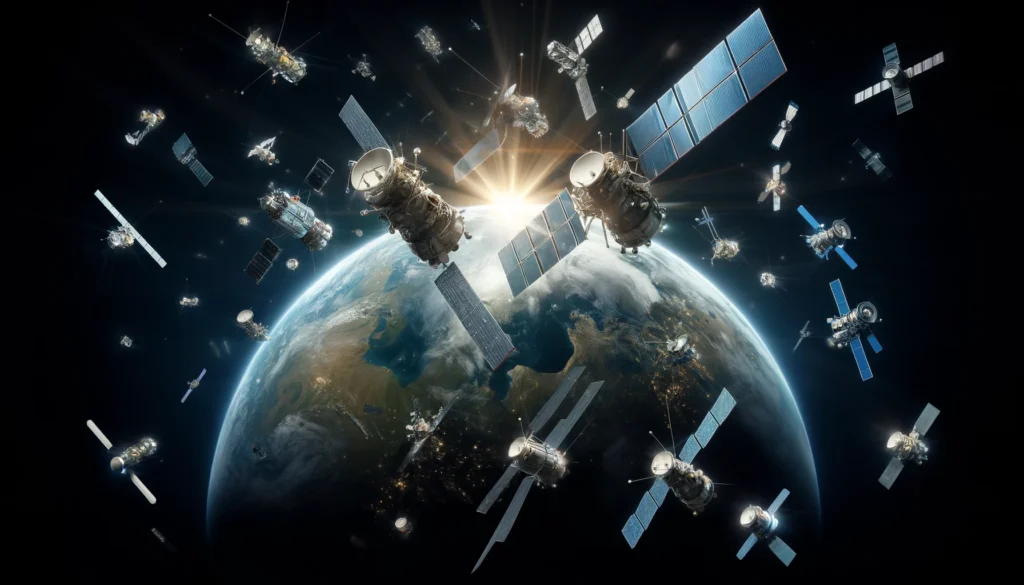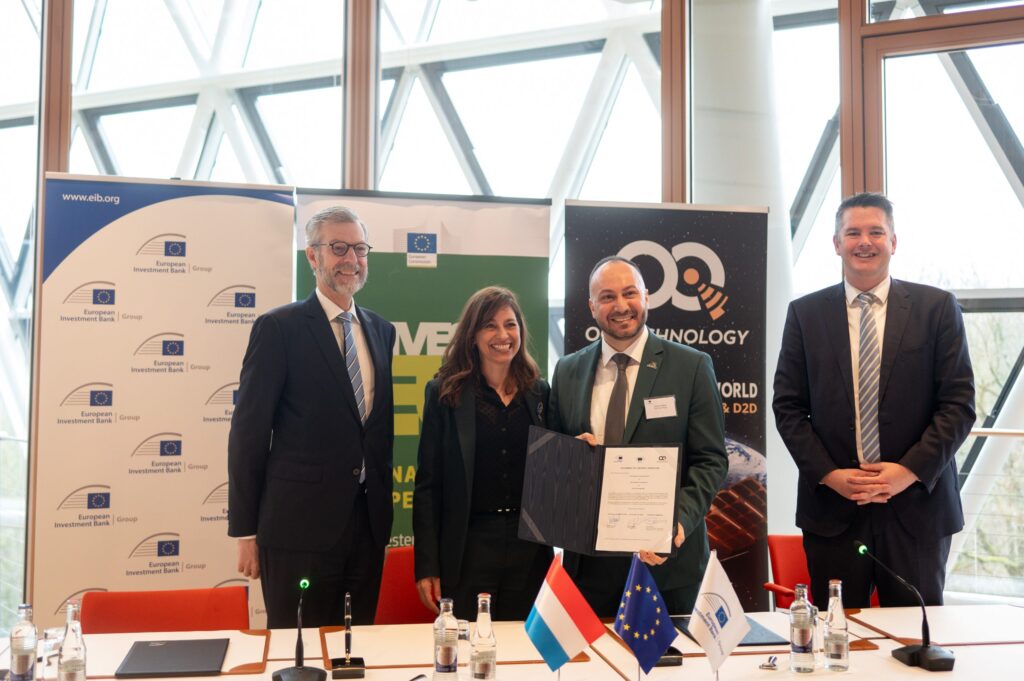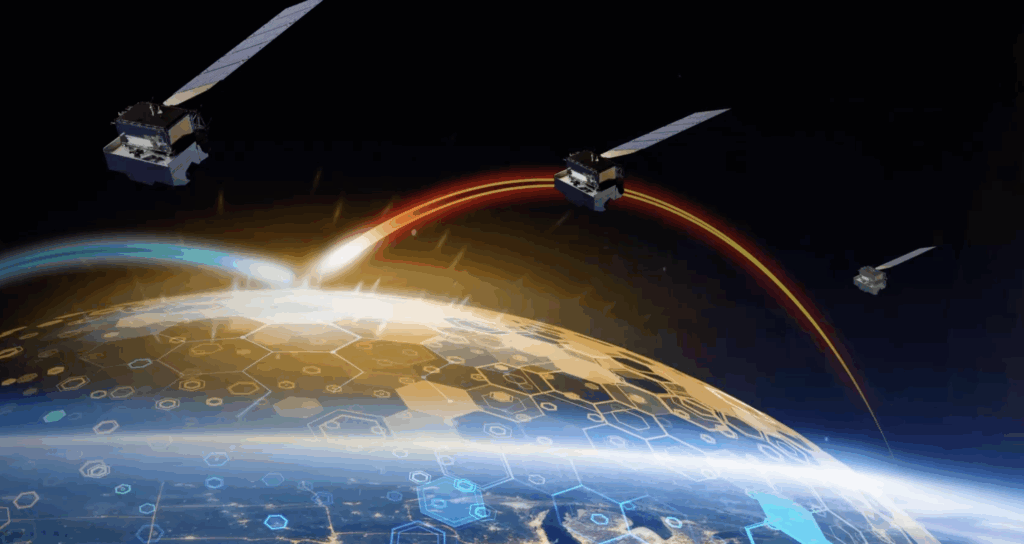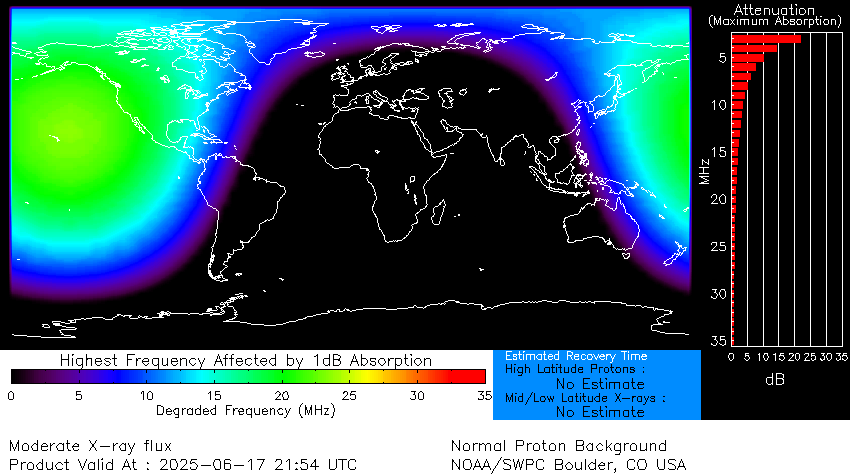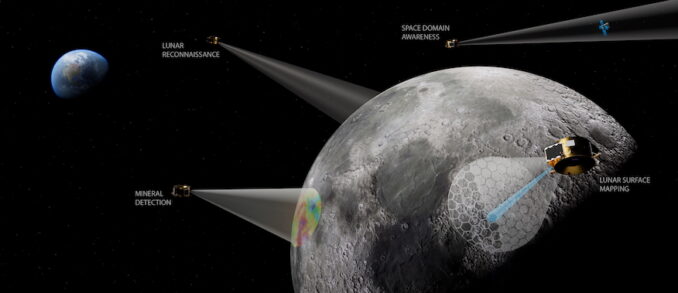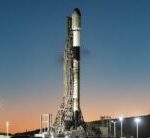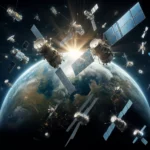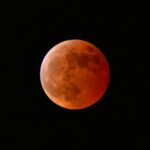Now Reading: Learning from the past: How history can guide space and cyber rules today
-
01
Learning from the past: How history can guide space and cyber rules today
Learning from the past: How history can guide space and cyber rules today

In 1962, the world stood on the brink of nuclear war during the Cuban Missile Crisis. What saved us wasn’t just luck — it was the hotline hastily established between Washington and Moscow. Today, as we face growing tensions in space and cyberspace, we’re missing these basic safeguards. History offers us solutions, if we’re willing to learn.
Cold War lessons for new domains
The nuclear age taught us three crucial lessons we’re now ignoring in space:
- The hotline principle: After nearly starting World War III by accident, the United States and the Soviet Union created the famous “red phone” in 1963. Yet today, when Russia jams GPS signals over Eastern Europe or China tests anti-satellite weapons, no direct communication channel exists.
- The test ban model: The 1963 Partial Nuclear Test Ban Treaty didn’t eliminate nukes, but it stopped atmospheric tests that poisoned the planet. Similarly, the 2022 United Nations General Assembly Resolution against destructive anti-satellite tests showed we can establish norms — even without full disarmament.
- “The transparency trick”: The 1972 Incidents at Sea Agreement prevented U.S. and Soviet naval ships from accidentally colliding or misinterpreting maneuvers. Space needs this desperately — when satellites perform suspicious close approaches today, we have no agreed rules for what’s acceptable.
Modern problems, historic solutions
We’ve solved these kinds of challenges before:
- The Antarctic Treaty (1959) proved we can demilitarize entire domains. It banned military activity on a continent by making all bases open for inspection. Could we do the same for lunar operations?
- The Seabed Treaty (1971) prevented nuclear weapons on the ocean floor — a “borderless” area like space. It shows we can regulate weapons in global commons.
- The Open Skies Treaty (1992) allowed aerial surveillance to build confidence. An “Open Orbits” version could prevent satellite secrecy from fueling paranoia.
Three steps we can take now
- Create a space & cyber hotline: Modeled on nuclear hotlines, this would give major powers direct communication during crises.
- Expand the ASAT test ban: Make the current voluntary moratorium on destructive tests a permanent treaty with verification measures.
- Launch transparency initiatives: Share basic satellite tracking data, just as nations report military exercises under the provisions of the Vienna Document 2011 on Confidence and Security Building Measures.
The diplomatic challenges of a U.S.-Russia space hotline in 2025
Today, due to the ongoing war of aggression against Ukraine started by Russia, the establishment of a new “Space Hotline” is, in my opinion, a vital first step. The relations between Washington and Russia are at a 60-year low. The 2022 Russian attacks on Viasat, and jamming the GPS in Ukraine and in the Baltics make the U.S. wary of sharing orbital data. The other problem is the absence of a legal framework, because there is no agreed definition of what constitutes a “hostile act.” But there are some possible ways to mitigate these challenges
- Third-party mediation: Use neutral intermediaries like Switzerland or the U.N. Office for Outer Space Affairs (UNOOSA) to host initial technical talks.
- Narrow focus: In the responsible behavior focused approach, frame discussions strictly on collision avoidance (like the 1972 Incidents at Sea Agreement) rather than broader arms control.
- Asymmetric transparency: Start with sharing non-sensitive data ( such as satellite ephemerides for civilian constellations like Starlink) via the U.N. registry.
- Blockchain verification: Use distributed ledger tech to create tamper-proof maneuver logs, as tested by the U.S. Space Force’s Moonlighter project.
- Model on aviation precedents: Adapt the International Civil Aviation Organization’s rules for airborne incidents (Annex 13) to define “dangerous proximity” as less than 1 kilometer between satellites.
- “Traffic light” system: Establish green/amber/red thresholds for rendezvous and proximity satellite approaches, with mandatory notifications at amber.
- Activities under the provisions of the 2011 Vienna Document on Confidence and Security Building Measures: Under Chapter IV, contacts have the possibility to establish a new “military-to-military” program where mid-rank officers meet informally.
- Track II diplomacy: Leverage academic networks like the Pugwash Conferences to draft technical protocols. Similar work is ongoing in nuclear disarmament under an initiative called the International Partnership for Nuclear Disarmament Verification.
The alternative is unthinkable
During the Cold War, there were some close calls that were averted purely by human judgment. We can’t rely on such luck in space, where attacks might be automated and attribution difficult. In today’s automated space domain, we may not get that second chance — unless we adopt Cold War-era safeguards for new threats. The time to establish rules isn’t after a crisis — it’s now.
As commercial satellites become weapons targets and AI accelerates cyber warfare, we’re running out of time. The good news? We’ve done this before. The solutions are in our history books; experiences are available — we just need the will to adapt them. The Prevention of Arms Race in Outer Space Open Ended Working Group, if all states agree to start substantial work, can be a possibility to establish new norms for the peaceful use of outer space.
Lt. Col. Mihail Istvanovics Várdai is the Deputy Branch Head of the Arms Control Branch of the Hungarian Defense Staff Operations Directorate.
SpaceNews is committed to publishing our community’s diverse perspectives. Whether you’re an academic, executive, engineer or even just a concerned citizen of the cosmos, send your arguments and viewpoints to opinion@spacenews.com to be considered for publication online or in our next magazine. The perspectives shared in these op-eds are solely those of the authors.
Stay Informed With the Latest & Most Important News
-
 01Two Black Holes Observed Circling Each Other for the First Time
01Two Black Holes Observed Circling Each Other for the First Time -
 02From Polymerization-Enabled Folding and Assembly to Chemical Evolution: Key Processes for Emergence of Functional Polymers in the Origin of Life
02From Polymerization-Enabled Folding and Assembly to Chemical Evolution: Key Processes for Emergence of Functional Polymers in the Origin of Life -
 03Astronomy 101: From the Sun and Moon to Wormholes and Warp Drive, Key Theories, Discoveries, and Facts about the Universe (The Adams 101 Series)
03Astronomy 101: From the Sun and Moon to Wormholes and Warp Drive, Key Theories, Discoveries, and Facts about the Universe (The Adams 101 Series) -
 04True Anomaly hires former York Space executive as chief operating officer
04True Anomaly hires former York Space executive as chief operating officer -
 05Φsat-2 begins science phase for AI Earth images
05Φsat-2 begins science phase for AI Earth images -
 06Hurricane forecasters are losing 3 key satellites ahead of peak storm season − a meteorologist explains why it matters
06Hurricane forecasters are losing 3 key satellites ahead of peak storm season − a meteorologist explains why it matters -
 07Binary star systems are complex astronomical objects − a new AI approach could pin down their properties quickly
07Binary star systems are complex astronomical objects − a new AI approach could pin down their properties quickly












